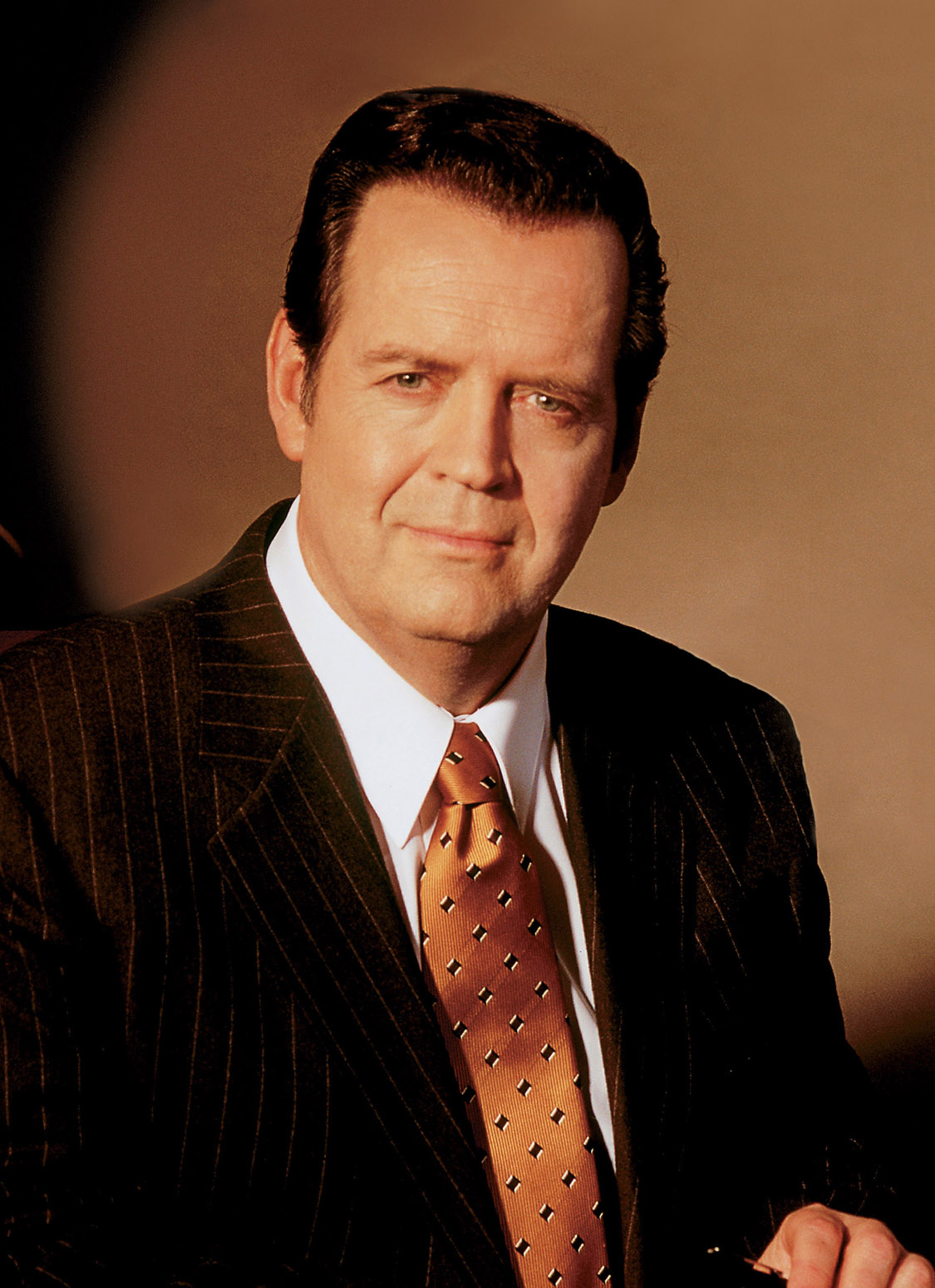
NASHVILLE, Tenn. (BP)–The decision by Apple to remove surreptitiously an iPhone application related to the Manhattan Declaration is nonsense at best and censorship at worst.
Apple caved to the whims of 7,727 individuals who apparently signed an online petition urging the company to drop the app that provided an overview of the Manhattan Declaration, a 4,700-word document released last November that speaks from a biblical perspective in defense of the sanctity of human life, traditional marriage and religious liberty. The application, which could be downloaded to the company’s iPhones and iPads, also allowed the user to sign on to the declaration.
The text of the Manhattan Declaration is civil, non-inflammatory and respectful, despite what its detractors claim. Those decrying the declaration app claim the declaration “espouses hateful and divisive language.”
Yet it is not the declaration that offends these people — whose number is far less than the approximately 500,000 people who have signed on to the declaration since its release last year. These individuals disagree with the teachings of God’s Word and have been driven to the radical answer of having this app purged from the iTunes Store, the 21st-century equivalent of a book burning.
The positions espoused in the Manhattan Declaration are based on biblical Christianity and affirmed by nearly half a million Christians representing dozens of denominations. The declaration does not promote hate or homophobia. Instead, the declaration proclaims that all human beings are loved by God and are worthy of respect.
As one of the original editors and signers, I am more aware than most of the extraordinary efforts that were expended to make the Manhattan Declaration as positive, winsome and engaging as possible, without sacrificing conviction.
In response to the furor generated over their decision, Apple released a short but noteworthy statement to the press: “We removed the Manhattan Declaration app from the App Store because it violates our developer guidelines by being offensive to large groups of people.”
Apple, which is admittedly within its rights, has the right to sell whatever it desires in its iTunes Store. Yet if Apple is concerned the beliefs detailed in the Manhattan Declaration are troublesome, they are not paying attention to many other applications and the explicit music available in their online store. It is well-documented that the store offers content that most consumers would find blatantly offensive.
And where will this stop? Will Apple next bow to pressure generated by some secularists who find the Bible to be a “dangerous book of mythology,” lacking in authority and value? Will they pull apps featuring the Bible from their store?
It is sadly ironic that a document written out of a growing unease about very real efforts in the culture “to marginalize the Christian voice in the public square, to redefine marriage, and to move away from the biblical view of the sanctity of life” has itself been marginalized by Apple.
I am hopeful that Steve Jobs and the Apple management team will reconsider the decision they made last week, a decision prompted by a misguided plea from a minuscule and intolerant minority.
I encourage those who, like me, value fair and civil discourse to respectfully ask Apple to arrange for the Manhattan Declaration app to be made available again in their iTunes Store. In a land where free speech and open dialogue are cherished, it is simply the right thing to do.
–30–
Richard Land is president of the Southern Baptist Convention’s Ethics & Religious Liberty Commission. To sign a petition to Apple founder Steve Jobs to restore the Manhattan Declaration App, and to read and sign the declaration itself, go to http://www.manhattandeclaration.org/media/petition.aspx.















